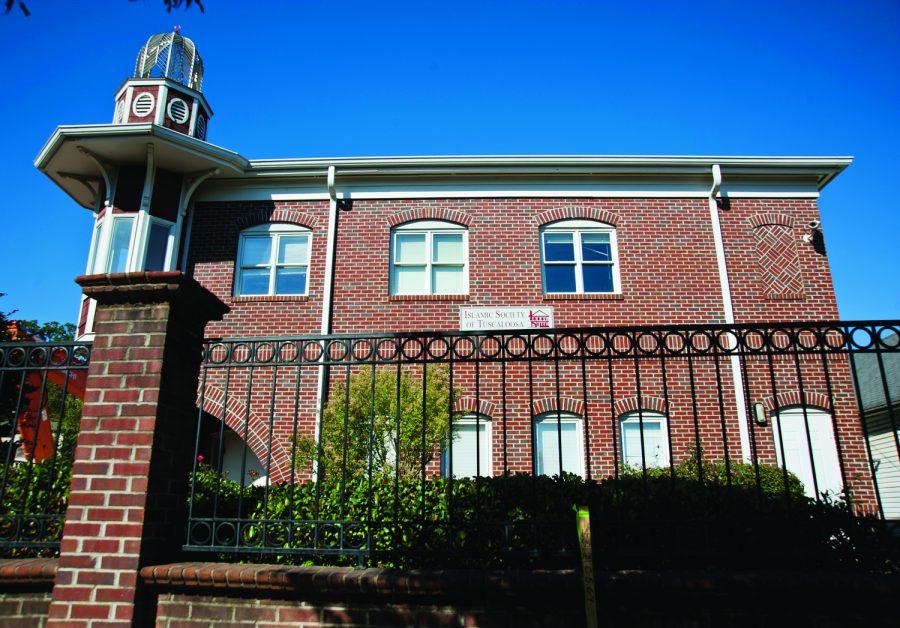The discussion around body acceptance is one that takes many forms – eating disorders, self-image and notably, modesty. Much of the debate on modesty seems to be whether or not choosing to show less skin is an indicator of low self-esteem or self-perpetrated patriarchy. As a woman who chooses to wear the Hijab, or Islamic head cover, this issue of modesty in a feminist context has been one that I’ve widely encountered. One stereotype I’ve noticed recently is the idea that women who wear Hijab, or the equivalent, are completely satisfied with their bodies and have high self-esteem, resulting in their beliefs that they need not show themselves off. As elaborate as this concept is, it is unfortunately not always true.
I have always told everyone that I wear my headscarf for myself, as a sign of my faith, and that wearing it has empowered me, given me more confidence and self-respect. And while that may be true, this didn’t happen overnight. Like many other women, I have struggled with my weight, struggled with my perception of my outward appearance and have even struggled with eating disorders. I was faced with those issues head-on when I began to cover a month before my freshman year here at the Capstone. I realized how much time and effort I spent on make-up, hairstyling and fashion. In a way, wearing Hijab exposed me to one of my deepest insecurities because let’s be honest, modest clothing, aka clothing that is often looser fitting, is not the most form-flattering. But if wearing Hijab is about modesty, then should I care about whether or not something is making me look flattering or not?
I felt torn because on one hand, I’m supposed to love and accept myself for who I am, my outward appearance isn’t what defines me, but rather my character, actions and morals do. On the other hand, I could no longer ignore the elephant in the room, that much of my life I’ve spent unhappy with my appearance, and have done many things, healthy and unhealthy, to fix it. If I truly love myself, what do I do? Would trying to lose weight mean I’m succumbing to valuing outward appearance more than I should? But shouldn’t I respect my mental and physical well-being and take care of myself? In this age of body acceptance, does accepting mean we neglect the things that have caused us issues? I’ve spent the past few years debating this issue, all the meanwhile trying to grow accustomed to this.
Go on Instagram or YouTube and you’ll find a plethora of Hijab tutorials, Islamic Fashion websites and Hijab-wearing makeup artists who have managed to turn a concept that was once foreign to mainstream western society into a multi-billion dollar fashion industry. And while that speaks volumes about how the fashion and beauty industry is beginning to become more inclusive, it now places pressure on young women wearing Hijab in a way that it didn’t before. We not only try to grow accustomed to wearing Hijab in a culture that not only isn’t used to it, but is increasingly unwelcoming to it, but we also have the pressure of presenting ourselves as the perfect “Hijabis” with scarves tied perfectly, with a face full of makeup and an outfit fresh off the runway of a Dubai fashion show (does this narrative sound familiar?). It wasn’t until recently, when I watched a video of Hijabi Blogger and YouTube Dina Tokio discussing her eating disorder and body dysmorphia in the wake of Hijabi fashion, that I realized that this issue is affecting a wide group of women and is one that we must also address in our own community.
Ultimately, your philosophical beliefs about the world and about body acceptance and your own personal insecurities and challenges are not exclusive. Being insecure or concerned about your health, both physical and mental, does not mean that you are not practicing what you preach. In fact, I’ve found that once I got help and began to live healthier, I began to love myself more. Being healthy doesn’t mean you have to be a particular size or wear certain clothing, but rather that you love yourself enough that you admit your faults and take of yourself and your body as the temple that it is.
Sehar Ezez is a senior majoring in history. Her column runs biweekly.







